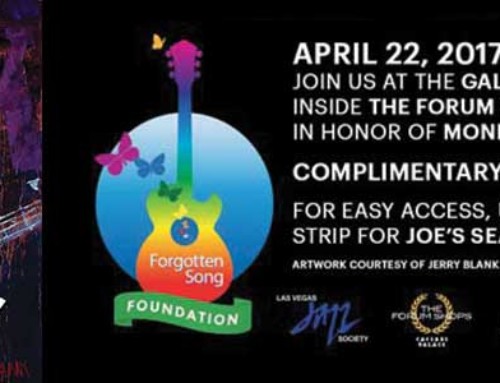Auld Lang Syne is a Scots poem written by Robert Burns in 1788 and set to the tune of a traditional folk song. It is well known in many countries, especially in the English-speaking world, its traditional use being to bid farewell to the old year at the stroke of midnight. By extension, it is also sung at funerals, graduations and as a farewell or ending to other occasions.
Burns sent a copy of the original song to the Scots Musical Museum with the remark, “The following song, an old song of the olden times, which has never been in print, nor even in manuscript until I took it down from an old man.” Some of the lyrics were “collected rather than composed by the poet. There is some doubt as to whether the melody used today is the same one Burns originally intended, but it is widely used in Scotland and in the rest of the world. A manuscript of “Auld Lang Syne” is held in the permanent collection of The Lilly Library at Indiana University in Bloomington, Indiana.
The ballad “Old Long Syne” printed in 1711 by James Watson shows considerable similarity in the first verse and the chorus to Burns’ later poem and is almost certainly derived from the same “old song” seen below:
Should Old Acquaintance be forgot, and never thought upon;
The flames of Love extinguished, and fully past and gone:
Is thy sweet Heart now grown so cold, that loving Breast of thine;
That thou canst never once reflect on old long syne.
CHORUS:
On old long syne my Jo,
On old long syne,
That thou canst never once reflect,
On old long syne.
HAPPY NEW YEAR TO YOU FROM ALL OF US AT FORGOTTEN SONG MUSIC!



Leave a Reply